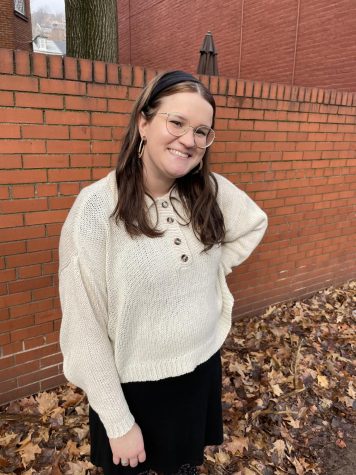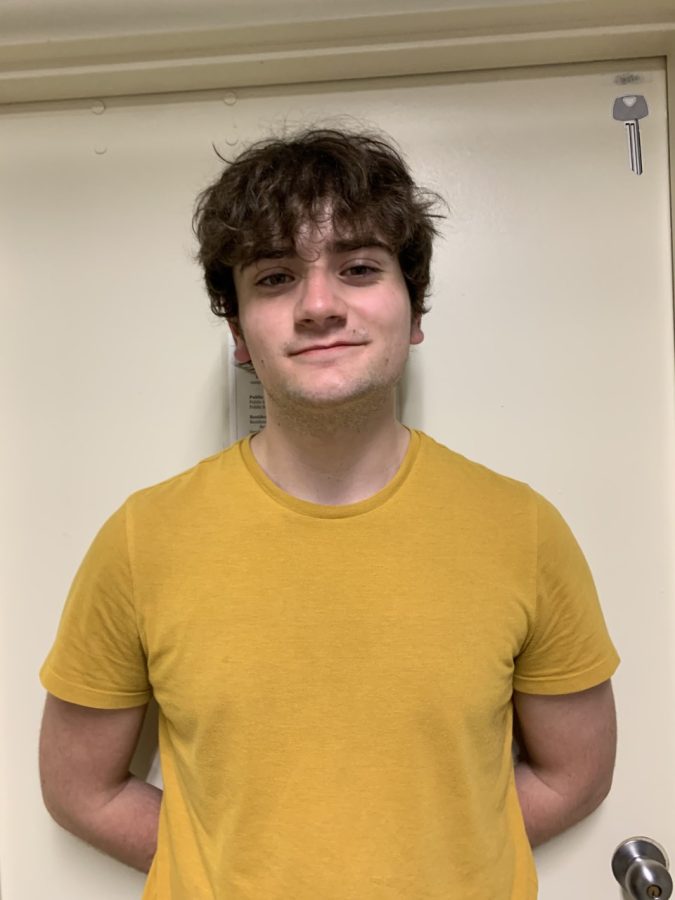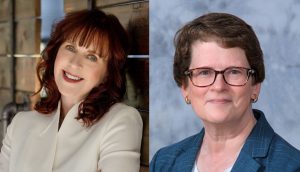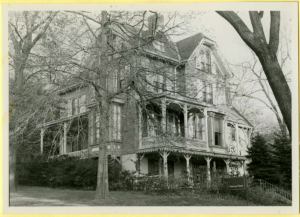Does Chatham accurately market the size of its majors?
April 1, 2022
Chatham University, according to its official website, “boasts 2,200 students and over 60 undergraduate and graduate programs in our areas of excellence: sustainability & health; business & communications; and the arts & sciences.” Like any university, Chatham draws more interest to certain programs than others, with programs such as psychology and biology now attracting a large pool of students.
But are majors marketed accurately to students?
To avoid confusion about what enrollment looks like at Chatham, there ought to be a call for further transparency to incoming students. The growing community at our school is something to be celebrated – as long as it’s explained and understood by the student body. Unfortunately, since this is not always the case, students may enter a major at Chatham and find their expectations unmet, leading to challenging academic lives or, at worst, doubts about continuing their time at the University.
Two students – Claire Raines ‘22 and Ryan Mcfarland ‘24 – feel their programs at Chatham have greatly shaped their academic careers, whether due to size, resources or attention.
“I’m just a social justice-oriented person whose interest is advocacy, and this was the major I could pursue. I do that in and outside of my career. I really love people, and understanding people and the environment that they live in. That’s essentially what we study in social work,” Raines said of her choice to be a social work major.
“I came here undecided, and I didn’t like it here that much since my first year was during COVID. I was about to switch, but some faculty told me they had a music technology program here. I realized then that I wanted to do something with music,” said Mcfarland about his decision for Chatham’s music technology major.
Mcfarland expresses concern for both his classes and the required resources for those courses, including program licensing and computer setups.
“There’s not a lot of actual music tech classes offered. I’ve only taken three classes I need for my major this year, which is very annoying, and there are only two classes in the spring for my major,” he said. “We had to use this program Ableton Live, and I got an email on Feb. 8 that the license expired, and we still have not gotten access back. We’re still just using an online version, which is really frustrating.”
Raines reflects on her last few weeks at Chatham as a graduating senior. Looking back at the changes she witnessed over the last three-and-a-half years, she notes a small faculty as a place of lacking for Chatham.

“We [in social work] had an assistant professor who ended up leaving. … I had him my first year, sophomore and he left after spring ‘21. That really caused a lot of difficulties. He was a person we grew up with,” she said. “The social work program only has Dr. Bell right now, and Dr. Sarteschi. Essentially, we’ve had a lack of more than one professor. We haven’t had a full-time person doing social work classes.”
Both Raines and Mcfarland agree that the impression of their major changed after spending time as a student at Chatham. They also wish Chatham had been more candid with them as prospective students about their majors.
“It’s kind of hard to even find information about it,” Mcfarland said of his major. “Almost none of my music classes have any sort of description. It’s hard to know what I’m getting into.”
“When I came into it, it didn’t seem like social work was so small. … It started to decrease in size especially after some upperclassmen left,” Raines said. “I’ve never talked to a high admin about it, but there’s just not a lot of care or seemingly acknowledgment toward the social work program other than the social science professors. We want to know that our department is going to survive.”
Ultimately, both students feel differently about their time at Chatham. When asked if he would have changed his mind about Chatham based on his major, Mcfarland agreed.
“Yes, I would. I think I should have just taken a break and waited at least until this year. I’m actually thinking about transferring to Duquesne or CMU [Carnegie Mellon University]. I don’t know if a music technology degree means as much from Chatham as it would from CMU or Duquesne,” he said.
Raines felt that her time at Chatham, despite some hardships, was worth it.
“I have really enjoyed the program, and I think it’s prepared me for anything I’m interested in. The fact that I was able to pursue my minor and engage with the PCWP [Pennsylvania Center for Women in Politics] definitely bolstered my happiness with being at Chatham. I don’t really see myself going anywhere else.”
Both Raines’ and Mcfarland’s experiences as students at Chatham are different and important. They speak to an underlying student concern about transparency and resources at Chatham – the place where they have chosen to continue their education. When so many students have fulfilling experiences, it behooves the University to extend those possibilities to everyone in the form of resources, ample classes and diverse faculty.







